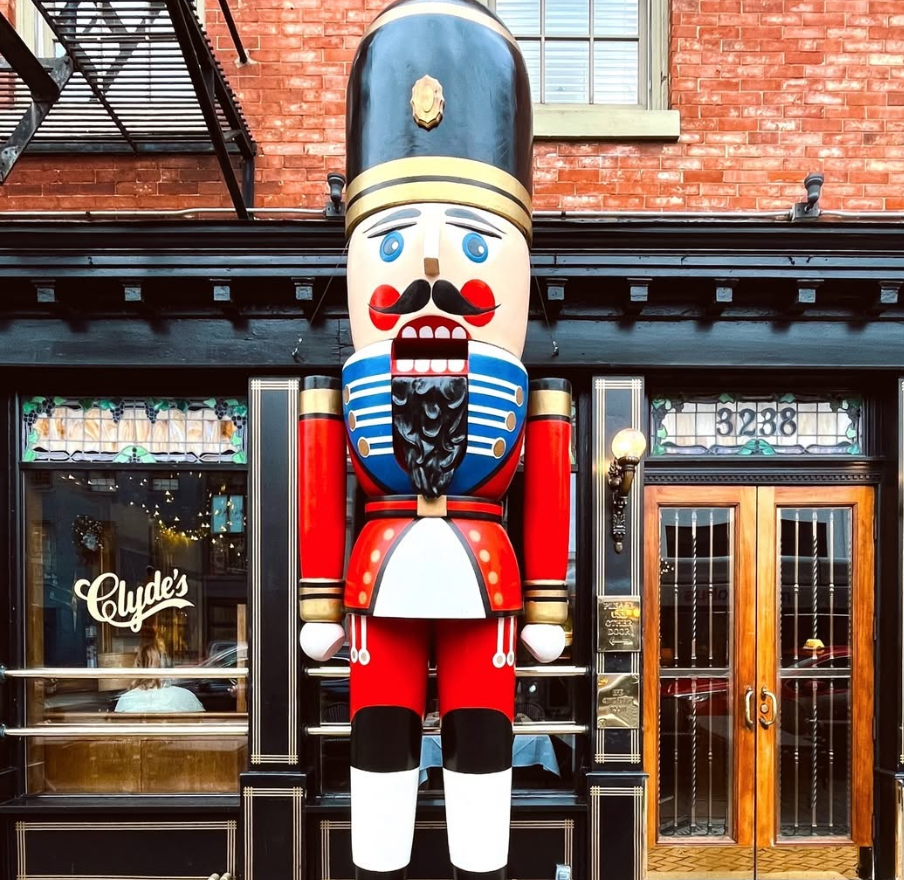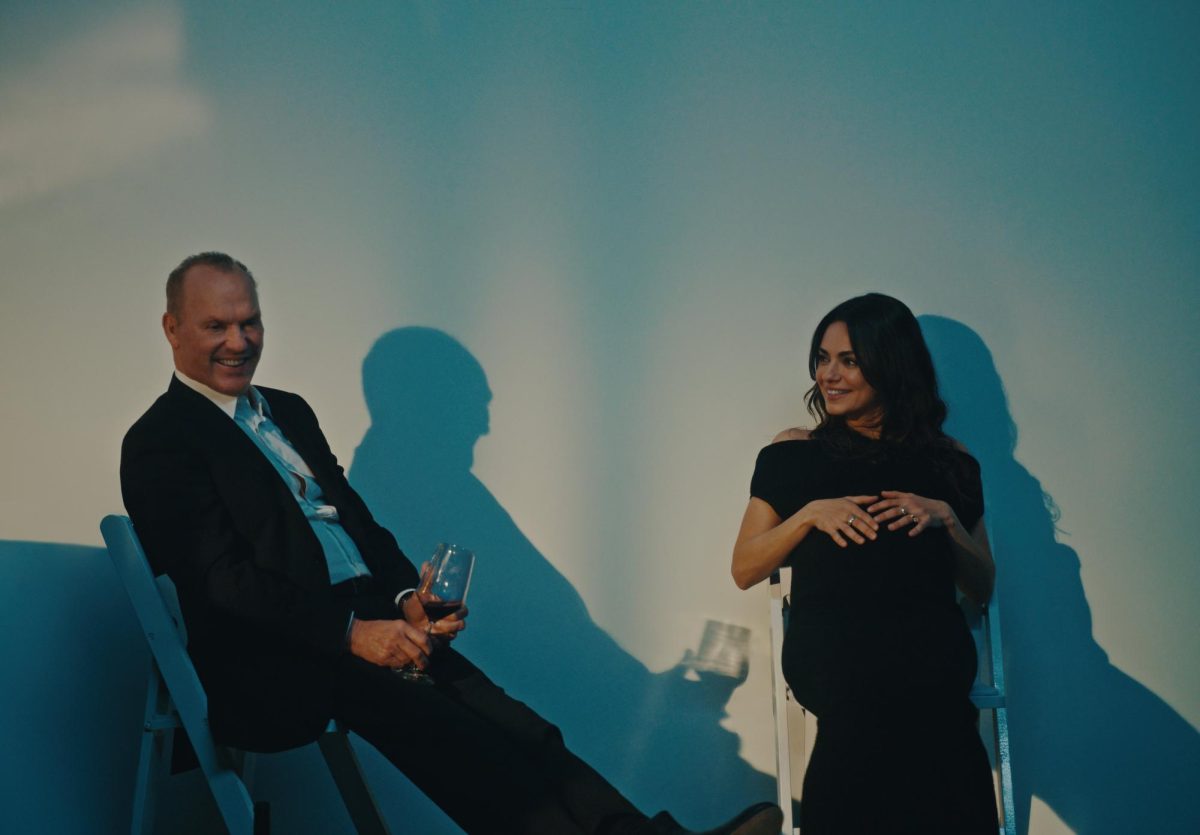“There ain’t no party like a Chuck Brown party, cause the Chuck Brown party don’t stop,” said security assistant Cherisse Milliner while remembering her good friend, the Godfather of Go-Go. Brown died last week at the age of 75 after a long battle with pneumonia.

Brown was renowned for his music, a unique combination of funk, jazz, R&B, hip-hop and dance hall. In Go-Go, songs are squeezed together with a beat that never stops, meaning the musician transitions seamlessly from one song to another. Brown was known for keeping a quiet percussion-bass beat going while he interacted with the crowd, according to a Washington Post interview with Brown’s daughter.
His musical career began as a young adult in prison, where he traded five cartons of cigarettes for another inmate’s guitar, according to CNN. He formed The Soul Searchers in 1962 after his release.
Brown, who played his revolutionary music on his signature Blonde Gibson ES-335, introduced D.C. to his funky beat that became Go-Go, the main sound of the District.
This unique music and Brown’s rapport with his audience gave him a solid fan base in the city. Several Whitman teachers mourned his loss. Photography teacher Mike Seymour’s first Go-Go album was “Chuck Brown and the Soul Searchers.”
“I like him because he’s the originator and he paved the way for other Go-Go bands like E.U. and Trouble Funk,” Seymour said.
Social studies teacher Peter Kenah was also a fan.
“The impromptu rally that broke out in D.C. after his passing is proof of his lasting popularity and impact,” Kenah said.
Milliner has long been a Chuck Brown fan as well. As a teenager, she’d sneak into Brown’s shows to hear his music. She later had a more personal relationship with Brown because she had friends in his band.
“I knew most of the band members, especially a close and dear friend Bryan Mills, who was his lead saxophone player,” Milliner said. “Through Bryan I had the opportunity to meet Chuck. The band called him ‘Pops,’ and so did I.”
Because of her close relationship with Brown, his death hit Milliner especially hard.
“It was the hardest pill I had to swallow in a long time, even though I was trying to prepare myself,” Milliner said. “I felt it coming, I am sure there will be more tears at the funeral services.”
After news of his death broke, fans gathered outside of the recently restored Howard Theatre in Washington to pay tribute to him. Fans all over will dearly miss his unique D.C. sound.
“His music will live on through those who he mentored,” Milliner said.








